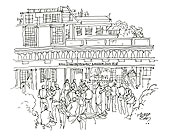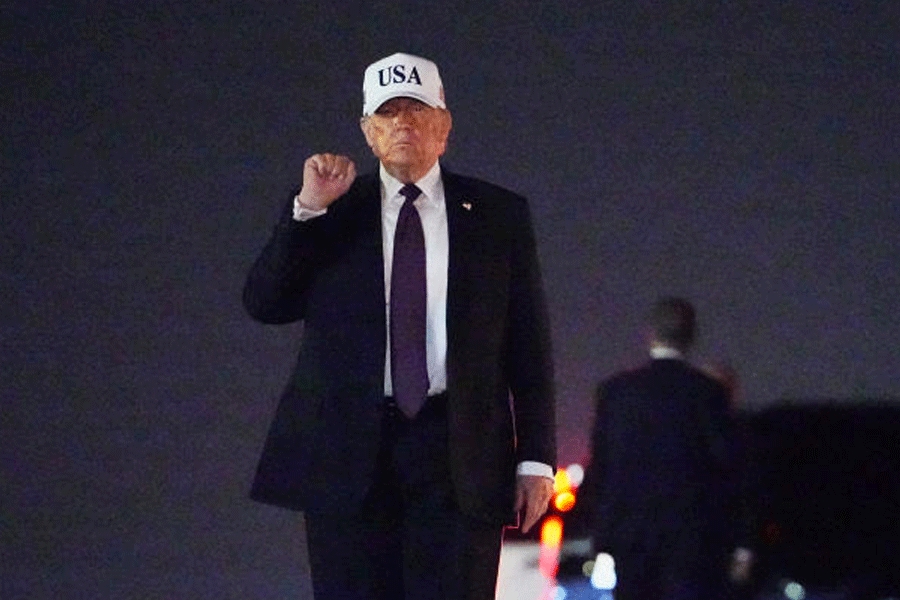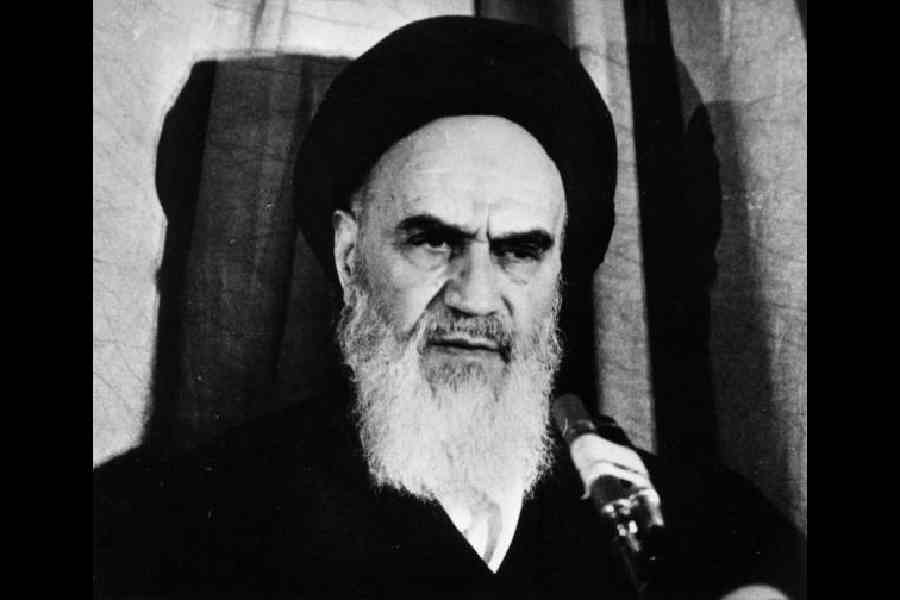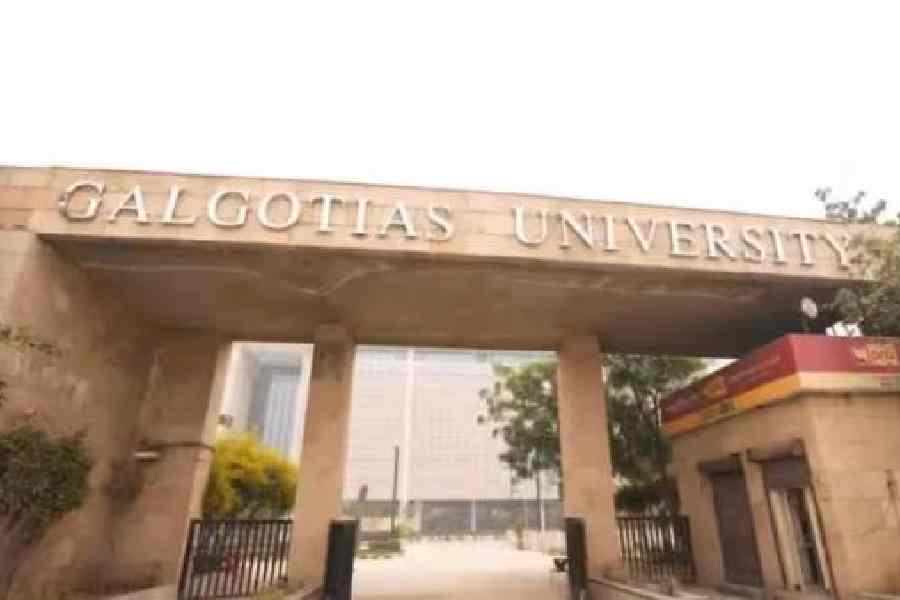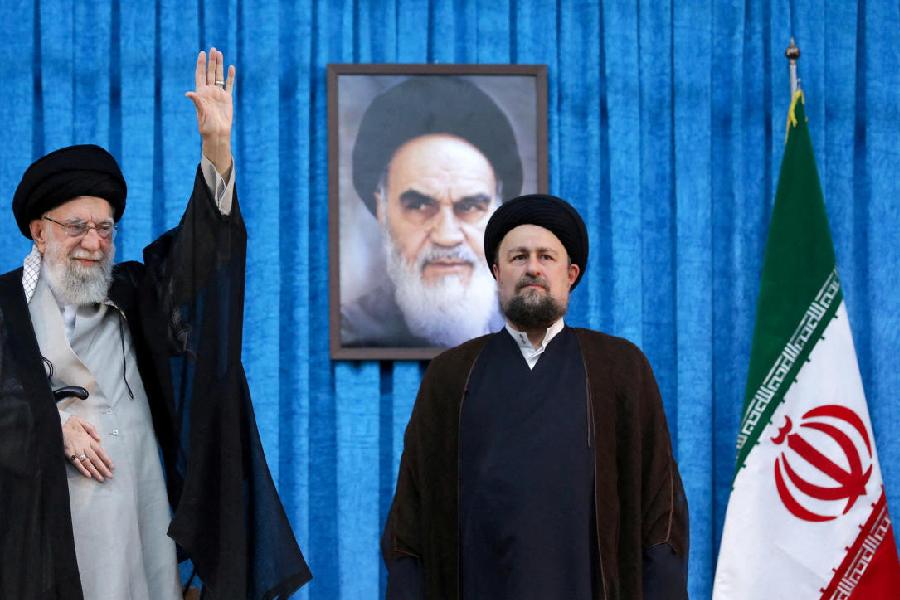 |
Nearly 200 years ago in 1812, a bajra (big country boat) sailed into Mancachar in Assam from Azimganj in Murshidabad district of Bengal. Its occupant was Mahasingh Rai Meghraj Kuthari, a wholesale trader of foodgrains, who had heard paeans in praise of the area?s jute and cotton.
After dropping anchor at Mancachar, Kothari expanded his business to other places of the region, including Tezpur, a place that has since 1818 virtually served as the firm?s local head office.
Business flourished and he sent his son Zalim Singh Kuthari to Guwahati. In 1828, Zalim Singh Kuthari opened a wholesale shop in town. Located near the ghat at Fancy Bazar, the Guwahati shop was the firm?s 18th in the region.
According to Aridaman Singh Kuthari and Suprabhat Singh Kuthari ? the senior Kutharis of the 21st century, Meghraj Kuthari introduced masur dali (red lentil) and nimak (white ocean salt) in Assam. Large boats used to bring in salt and masur dali along with other merchandise to the region and carry back jute, cotton and sometimes resham silk on the return trips. This arrangement ensured optimal utilisation of the transport system and, therefore, the firm could sell goods at low rates. Therein, of course, lay the secret of the firm?s success.
True to the Rajput spirit (before migrating to Azimganj, the Kutharis had belonged to Bikaner in Rajputana), the Kutharis took up ever new challenges. After tea estates were established in Assam, the house established close liaison with the various gardens. By the 1860s the family had started issuing hundis to a few gardens against a commission. In certain cases they even became the local financiers of the gardens.
Interestingly, when the RSN and ISN companies started their steamship carrier business in eastern India in the first quarter of the 20th century, it was the Kuthari family which acquired exclusive right of the transmission network of radio-telephones for the vessels. For this, a special jetty was also allotted to Messers Mahasingh Rai Meghraj. At a later stage, the Kutharis were to become the chief carrier of goods for the RSN and ISN companies.
During a very crucial stage of the Bhutan War this business house helped the British Army. As a mark of appreciation for the family?s support, Meghraj was conferred the Rai Bahadur title by the British. The citation to Meghraj, dated October 8, 1867 and signed by John Lawrence, Viceroy and Governor General of India reads: ?In consideration of the useful service rendered to the state during the Bhutan campaign, I hereby confer upon you the title of
Rai Bahadur as a personal distinction.?
The house never neglected business. During the 1930s, it owned a record 64 shops in different parts of Assam making it the largest wholesale dealer of foodgrains in the region in the 19th and the first half of the 20th century.
It is interesting to note that even about 100 years ago, the company had drawn up a detailed map indicating the exact locations of its gaddis spread over its vast business empire in Assam.
Apart from business, scions of the Kuthari family excelled in other fields too. Dilip Singh Kuthari played football for the Gauhati Town Club and later left a mark as goalkeeper of Mohun Bagan Club, Calcutta. Amal Kuthari was the pre-Olympic captain of the Indian Water Polo squad. Manoj Kuthari, the world champion in billiards is a product of the extended Kuthari family. Suprabhat Singh Kuthari is a keen philatelist and rifle shooter of Assam. Octogenarian Aridaman Kuthari served as vice-chairman of Guwahati municipality for two terms.
There is another lesser known side to this business family, its philanthropy. The many charitable deeds of the Kutharis were hardly ever publicised.
All along the family has followed the tradition of guptadaan or secret donation. Very few know that land for several religious and charitable institutions in the city like the Sangenaria Dharmasala, Panchayeti Thakurbari, Hanuman Mandir, Mahavir Akhra were donated by the Kuthari family. In fact, there was a time the Kutharis sunk numerous wells in towns across Assam to relieve the potable water problem.
This old business house has the distinction of being the town?s first sales tax payer. Records reveal that the CS Tax that it paid through the erstwhile Imperial Bank bears CST Account No 1. It was possibly also the proud owner of the first motor vehicle (a Ford) in town, if the registration no (ASK 1) is any indication.
Even today the firm has an iron chest, which bears a golden British Royal insignia, that was made in England and cemented to the floor of its old gaddi.
It is a reminder of the days when, occasionally, the British government, kept the revenue collections in the chest for safekeeping, in case ships laden with taxes had to be halted midway at Guwahati.
Messers Mahasingh Rai Meghraj, popularly known as Bargola of Fancy Bazar, is the oldest surviving business house of town today with nearly a two century-old legacy. It is not surprising, therefore, that when Guwahati Municipality was established in 1853, the town post was installed at the corner of this business house.
Even today a city street takes its name after Meghraj Rai, founder of the Bargola business empire.
Dipankar Banerjee

